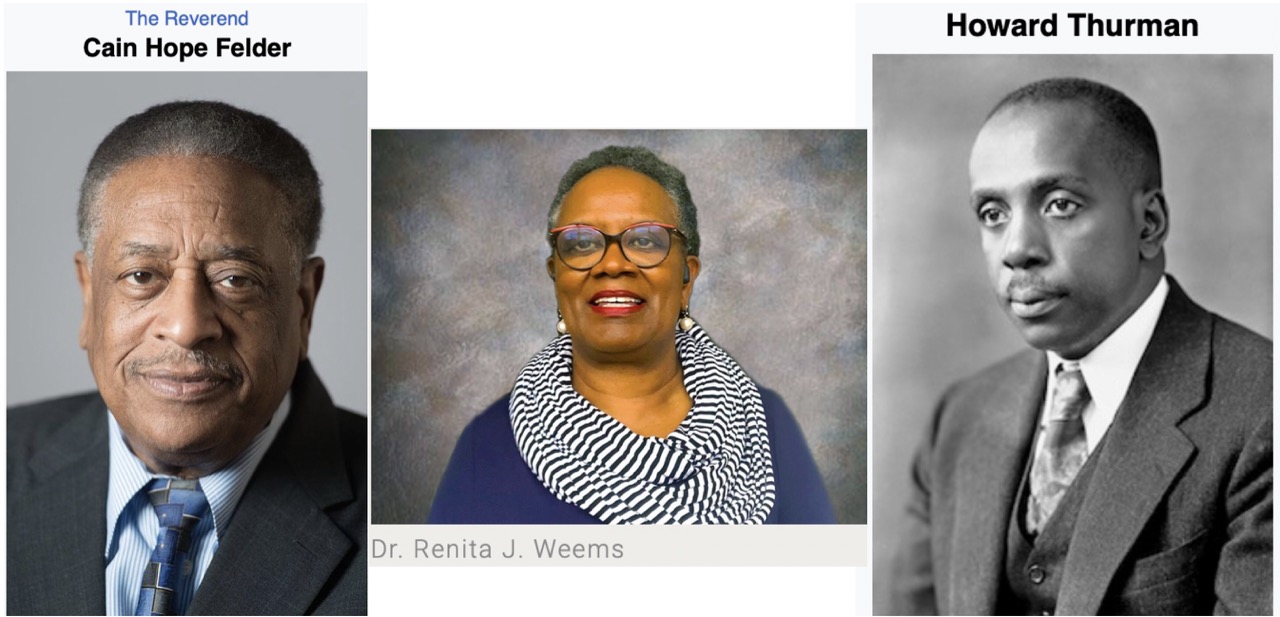
Living a life focused on God, deeply rooted in faith and devotion, is a pursuit that resonates across our Christian faith. Biblical scholars, drawing from their unique experiences and insights, offer profound wisdom on how individuals can center their lives on God’s principles and teachings.
Dr. Howard Thurman, a prominent African American theologian and philosopher, emphasized the concept of cultivating a “quiet, inner life” to foster a profound connection with God. Thurman’s teachings highlighted the significance of solitude and reflection in nurturing spiritual growth. He often pointed to Jesus’ example of withdrawing to solitary places for prayer, suggesting that such moments of introspection enable individuals to listen attentively to God’s voice amid life’s noise and chaos.
Thurman’s teachings encouraged believers to set aside intentional time for prayer, meditation, and self-reflection. By embracing silence and seeking solitude, individuals create space for God to speak into their lives, providing clarity, wisdom, and direction in their daily journey.
Dr. Cain Hope Felder highlighted the importance of engaging with scripture from diverse perspectives. He advocated for a deeper exploration of the Bible that acknowledges and uplifts marginalized voices, particularly within the African diaspora. Felder emphasized that understanding God’s word requires a willingness to embrace different cultural, historical, and social contexts within the biblical narrative.
Living a life centered on God involves not only reading the Scriptures but also critically examining them in their broader cultural and historical contexts. This approach fosters a richer understanding of God’s message and how it applies to contemporary life. By recognizing diverse perspectives within the biblical text, individuals can develop a more inclusive and nuanced relationship with God.
Dr. Renita Weems, a scholar and ordained minister, emphasizes the importance of resilience and perseverance in maintaining a life focused on God. She draws attention to the experiences of resilience and faithfulness exhibited by women in the Bible, highlighting their strength and unwavering commitment to God in the face of adversity.
Weems’ teachings encourage individuals to cultivate resilience in their spiritual journey. This involves trusting in God’s faithfulness during challenging times, drawing strength from the stories of perseverance found within the Bible, and remaining steadfast in faith despite life’s trials.
Integrating the wisdom of these scholars into one’s life involves several key practices:
Intentional Spiritual Practices: Set aside dedicated time for prayer, meditation, and self-reflection. Create a sacred space for communing with God, seeking guidance, and listening for His voice in the midst of life’s busyness.
Diverse Scriptural Engagement: Approach the Bible with openness to diverse interpretations and perspectives. Engage with the text through study groups, commentaries, and resources that amplify marginalized voices within the biblical narrative.
Resilience and Trust: Cultivate resilience by drawing inspiration from the stories of faithfulness and endurance within the Bible. Trust in God’s faithfulness during challenging times, believing and knowing that He walks alongside you in every circumstance.
Living a life focused on God, guided by the teachings of these biblical scholars, involves a commitment to spiritual discipline, openness to diverse perspectives found in scripture, and unwavering trust in God’s presence and guidance throughout life’s journey. By integrating these principles into daily life, individuals can deepen their connection with God and live out their faith in transformative ways.

